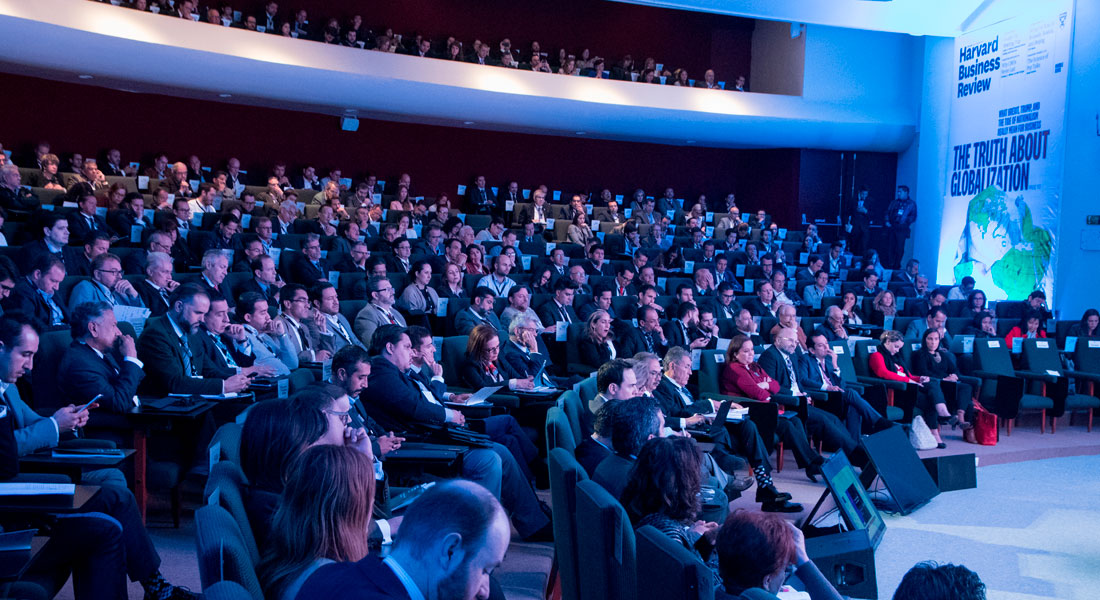


As humans, we are built to function in small social groups, of between thirty and a hundred individual members – the numbers that would allow us to easily remember most of their names. This is how we evolved for millions of years. A few decades of modernity and globalization, for all of their advantages, have not fundamentally altered this: the fact that psychologically, and socio-emotionally, we are built for living and thriving within a small “tribe”.
We are seeing massive urbanization in recent decades and, along with it, the loss of this “tribe”. Again, it’s certain that globalization and the modern world, as well as our mostly urban life, have given us many advantages in terms of access to technology and to services unimagined only a century ago. But we also encounter alarming amounts of lonely adults, or teenagers who report that they do not have any close friends, or retired people who only have contact with one or two people in their daily life. The Corona lockdowns only worsened this. In rapidly aging societies like Western Europe, North America or Japan, we hear reports of extreme cases of older people who pass away alone in their apartments and it takes a few days for anyone to notice. For all the perceived, supposed “backwardness” in the ways of life of tribal, traditional societies, such cases of extreme isolation would have been unheard of there.
It must also be recognized, however, that evolving in tribes also gave us a “tribal mindset”, for better and for worse, and its disadvantages are not to be dismissed: intense mistrust of “outsiders'' or anyone who is different from us, greater difficulty in empathizing with whoever we cannot see and whose plight is far away, and a general difficulty for thinking long term; beyond the “bubble” of the time and place that we know. These ‘tribalisms’ often spell trouble in current times indeed: often feeding racism, xenophobia, mistrust of ‘the other’, or a rejection of any institution that feels like ‘it doesn’t represent us’, whatever ‘us’ means in-context. We’re just not built to think “globally” – though of course it can be learned; we can be educated into empathy for mankind as a whole, or into seeing beyond our time, border and mindset, if at least in brief glimpses.
For all the advantages of modern times, ironically most of us still feel that mistrust of strangers, or that instinct to reject ‘the other’, yet at the same time we lose “the tribe” and feel lonelier than ever. On top of that, some roles, identities or what we could define as “jobs” were never meant to be carried out alone. I see this clearly in the case of mothering; new mothers seem to be finding the care of a single child supremely difficult (especially psychologically), let alone caring for multiple children. Their plight is out for anyone interested to see on the Internet; as they ask themselves “how their own mothers ever managed to do this”. But this unrealistic expectation that mothers should be “doing it all alone”, on top of having a career outside the home, is not only burning them out, it’s also built on the fantasy that women in ancient times were mothering alone. And they weren’t!... Child-rearing in ancient times, or in tribal societies of today, is shared among groups of women: access to help by relatives, their own mothers and grandmothers, siblings, cousins, family friends… childcare was a shared activity much more so than other kinds of tasks. It stands to reason that many young women with children are especially keen these days on reviving the concept of ‘the tribe’: healthy, necessary, and freeing women of the idea that they’re supposed to “do it all” (notwithstanding that every woman’s life choices are her own to make).
How, then, to reconcile the undoubted benefits of urbanization and globalization with the fact that we yearn for ‘a tribe’ and that many of our roles (mentor, teacher, mother) were never meant to be played as lonely carriers of endless responsibility and immense burden?









